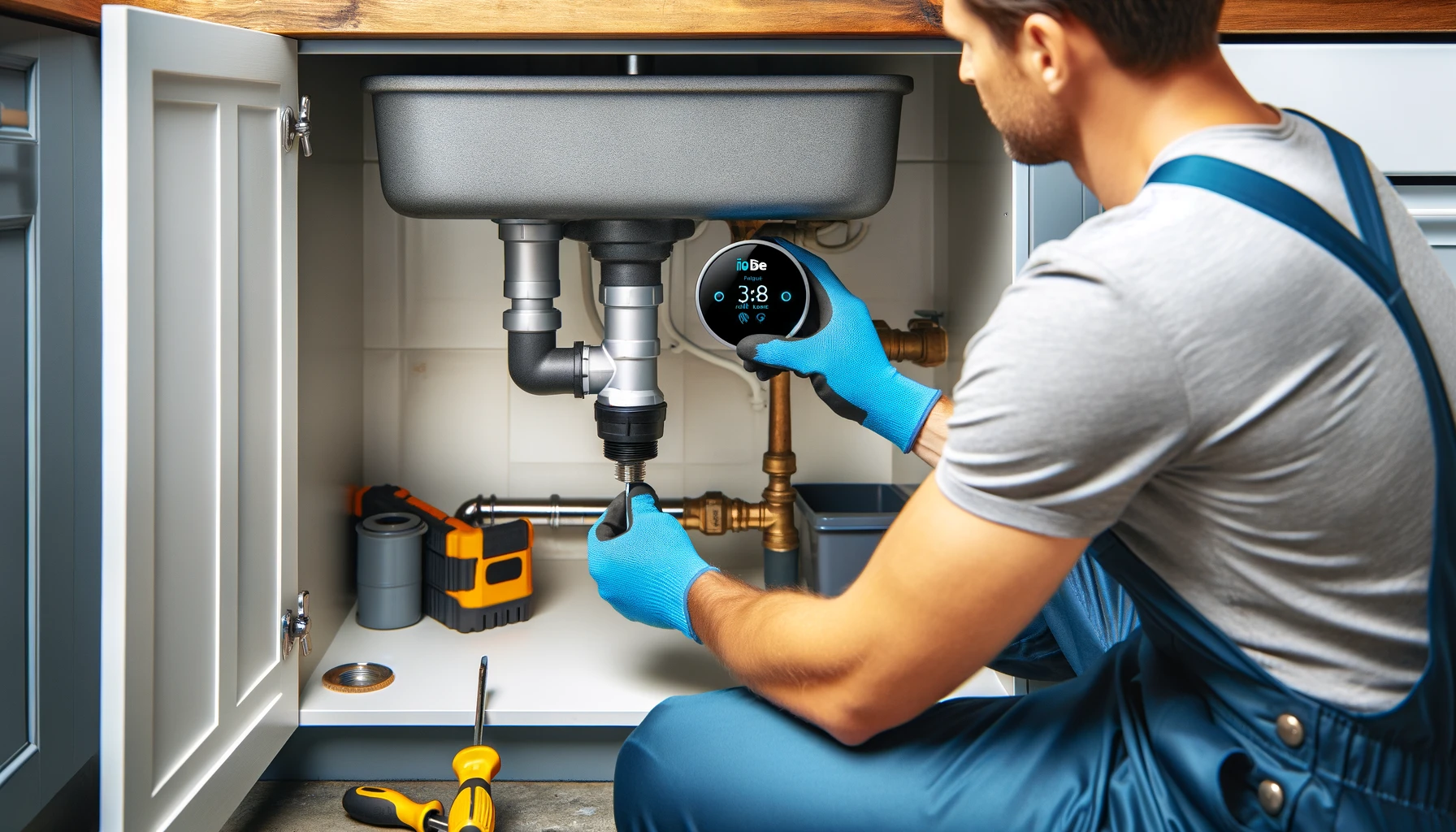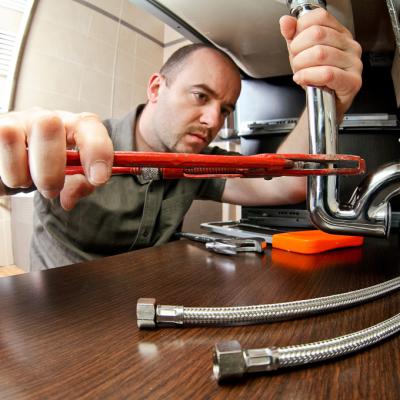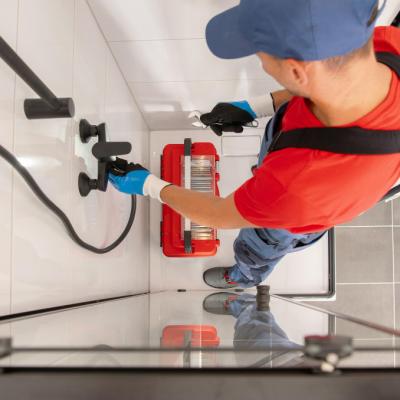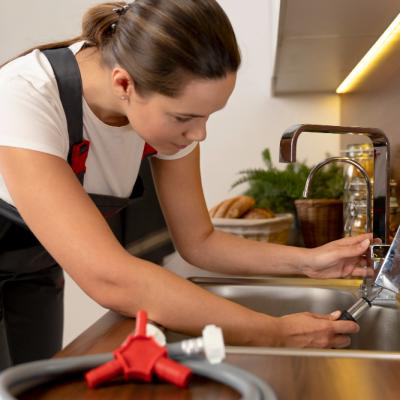The plumbing industry is experiencing a technological revolution with the advent of smart plumbing systems.
These innovative technologies are transforming the way we manage water usage, detect leaks, and maintain plumbing systems. This article explores the latest advances in smart plumbing technology, their benefits, and how plumbers can integrate these solutions into their services.
Introduction to Smart Plumbing Technology
Smart plumbing technology refers to the integration of digital and automated systems into traditional plumbing. These technologies leverage sensors, connectivity, and data analytics to enhance the efficiency and functionality of plumbing systems. The key components of smart plumbing include smart leak detectors, automated water shut-off valves, and smart faucets.
Key Advances in Smart Plumbing Technology
-
Smart Leak Detectors: These devices use sensors to detect water leaks in real-time. They can be installed at various points in a plumbing system, such as under sinks, near water heaters, and along pipes. When a leak is detected, the system sends an alert to the homeowner's smartphone, allowing for quick action to prevent water damage.
-
Automated Water Shut-Off Valves: These valves can automatically shut off the water supply when a leak is detected. This is particularly useful for preventing extensive water damage in the event of a major leak. The valves can be controlled remotely via a smartphone app, providing homeowners with peace of mind when they are away from home.
-
Smart Faucets: Smart faucets are equipped with sensors that can detect hand movements, allowing for touchless operation. Some models also feature voice activation and programmable settings to control water temperature and flow. These faucets enhance convenience and hygiene while also promoting water conservation.
-
Smart Water Heaters: Smart water heaters allow homeowners to monitor and control their water heating system remotely. They can adjust temperature settings, track energy usage, and receive maintenance alerts. These features help optimize energy efficiency and extend the lifespan of the water heater.
-
Water Usage Monitors: These devices track water consumption in real-time and provide detailed reports on usage patterns. Homeowners can identify areas where water is being wasted and make informed decisions to reduce their water footprint.
Benefits of Smart Plumbing Technology
The adoption of smart plumbing technology offers numerous benefits for homeowners and plumbers alike:
-
Water Conservation: Smart plumbing systems help reduce water wastage by detecting leaks early and promoting efficient water usage. This contributes to overall water conservation efforts and lowers utility bills for homeowners.
-
Preventing Water Damage: The ability to detect leaks and shut off the water supply automatically can prevent costly water damage. This is especially important for preventing mold growth and structural damage in homes.
-
Convenience and Control: Homeowners can monitor and control their plumbing systems remotely, providing greater convenience and peace of mind. Smart faucets and water heaters offer customizable settings that enhance user experience.
-
Energy Efficiency: Smart water heaters and usage monitors help optimize energy consumption, reducing the environmental impact and lowering energy bills.
-
Enhanced Maintenance: Smart plumbing systems provide valuable data on the health of the plumbing system. Plumbers can use this information to perform proactive maintenance and address issues before they become major problems.
Integrating Smart Plumbing Technology into Services
For plumbers, integrating smart plumbing technology into their services can offer a competitive advantage. Here are some steps to consider:
-
Stay Updated: Keep abreast of the latest developments in smart plumbing technology. Attend industry conferences, participate in training programs, and engage with manufacturers to stay informed.
-
Invest in Training: Ensure that your team is trained to install, maintain, and troubleshoot smart plumbing systems. This includes understanding the technical aspects of the devices and how to integrate them into existing plumbing systems.
-
Offer Smart Plumbing Solutions: Promote smart plumbing products and services to your customers. Highlight the benefits of these technologies and how they can enhance their home’s plumbing system.
-
Collaborate with Manufacturers: Partner with manufacturers of smart plumbing devices to gain access to the latest products and technical support. This can also provide opportunities for joint marketing efforts.
-
Provide Education and Support: Educate your customers on the benefits and functionality of smart plumbing systems. Offer ongoing support and maintenance services to ensure they get the most out of their investment.
Conclusion
The advances in smart plumbing technology are transforming the plumbing industry, offering enhanced efficiency, convenience, and sustainability. Plumbers who embrace these innovations can provide superior services to their customers and stay ahead in a competitive market. By staying informed, investing in training, and promoting smart solutions, plumbers can play a pivotal role in the adoption of these cutting-edge technologies.












